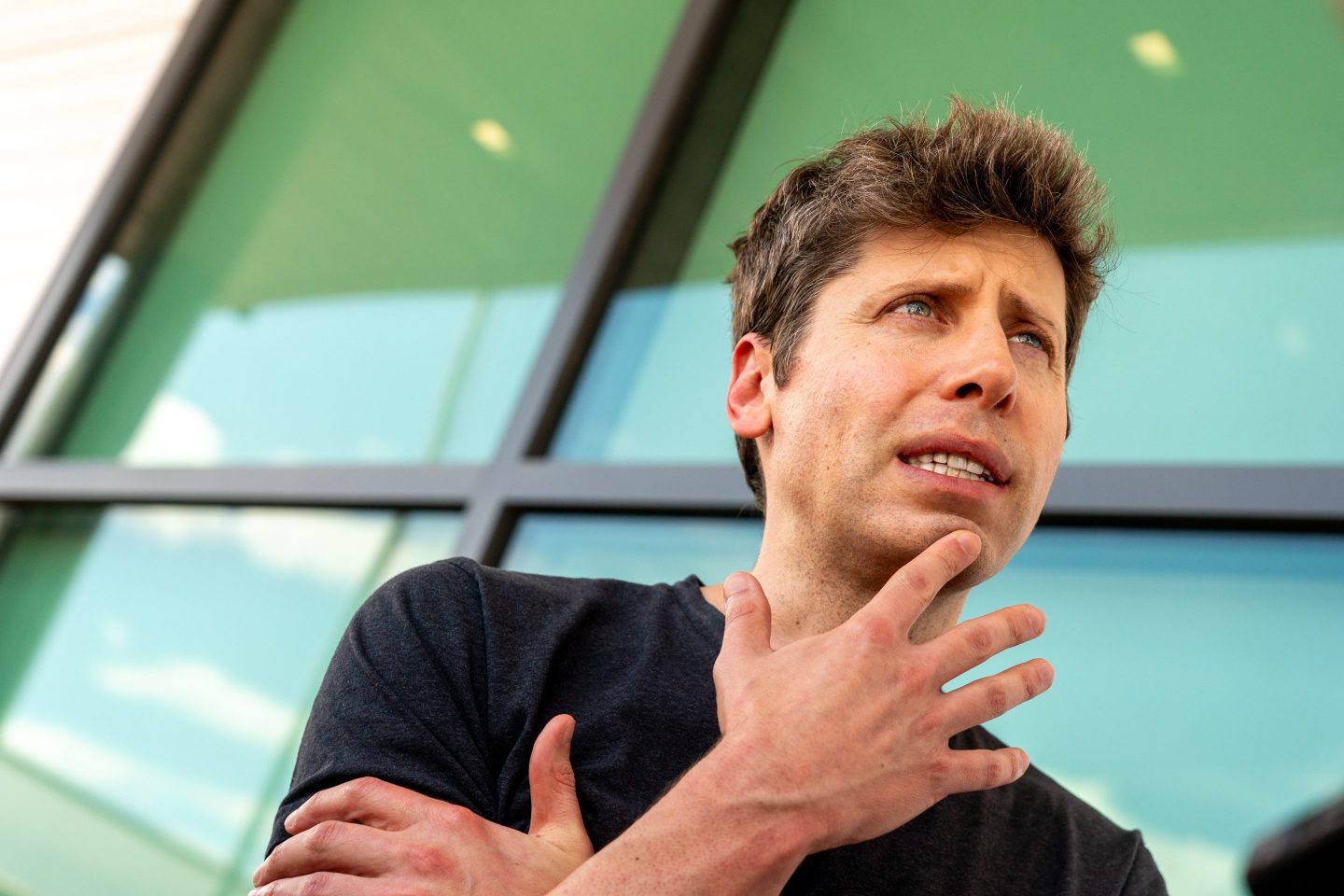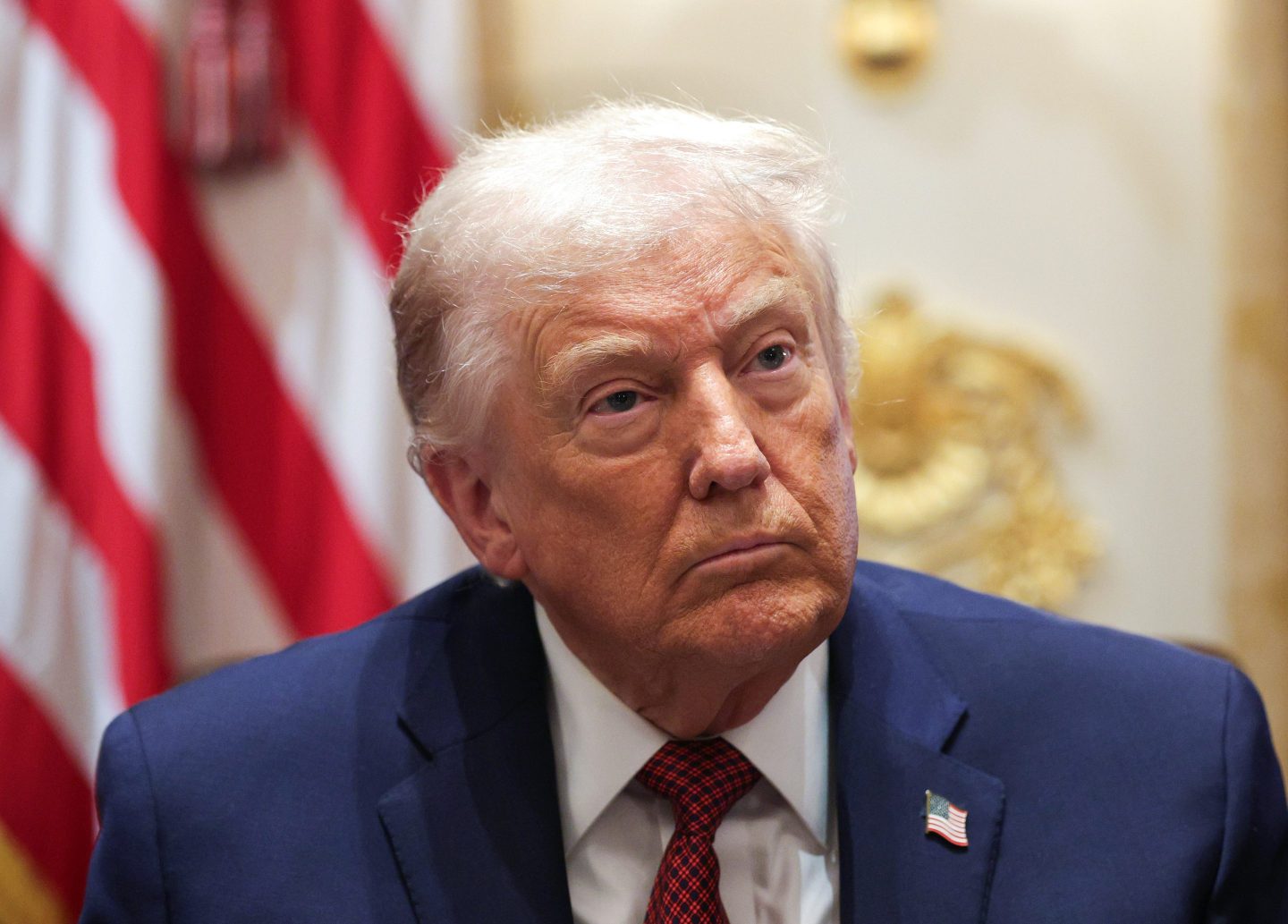Chief Executive Tim Cook said on Friday Apple Inc is committed to raising its dividend annually, a move designed to please investors but also a sign the world’s most famous technology company may no longer be a growth stock.
As concerns mount that growth in sales of iPhones may have peaked, major U.S. growth mutual funds have been among the largest sellers of Apple shares over the past six months or so, fueling speculation that the company’s days of supercharged growth have come to an end.
In January, Apple forecast its first revenue drop in 13 years and reported the slowest-ever increase in iPhone shipments as the critical Chinese market showed signs of weakening.
Its shares were flat in afternoon trading on Friday. They are down about 25% from highs 10 months ago.
Apple (AAPL) reintroduced a regular cash dividend in 2012 after not paying one since 1995. Last year it paid out $1.98 per share in cash dividends, or $11.4 billion overall.
For more about Apple, watch:
Speaking at the company’s annual meeting in Cupertino, California, Cook also said Apple was “a staunch advocate for our customers’ privacy and personal safety,” as it fights a public battle with the U.S. government over access to the iPhone of one of the San Bernardino shooters.
Apple filed a legal brief on Thursday asking a federal court in California to throw out an order it issued last week that the company unlock an encrypted iPhone used by Rizwan Farook, arguing such a move would violate its free speech rights, override the will of Congress and jeopardize the security of other Apple devices.












